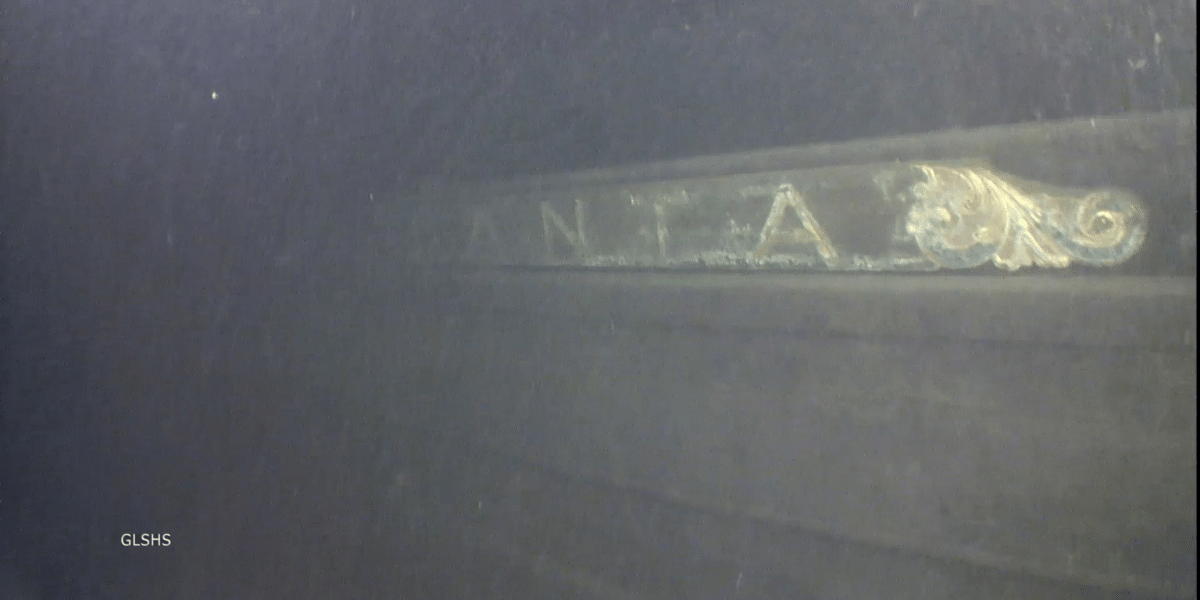Ship Sunk in 1891 Found in Lake Superior
Lake Superior has been hiding a secret for 130 years. Thanks to sonar technology, the secret is out with the discovery of a 172-foot ship buried in the depths of the big lake.
The Atlanta was a schooner-barge that sunk in May of 1891 while carrying a load of coal. It was being towed by the steamer Wilhelm. A northwest gale snapped the towline and the crew was forced to get in the lifeboat. Only two crew members made it safely to shore.
The discovery was made 35 miles from Deer Park, Michigan, in 650 feet of frigid Lake Superior water after a tedious mapping of the lake by the Great Lakes Shipwreck Historical Society and Marine Sonic Technology.
Bruce Lynn, Executive Director of the Great Lakes Historical Society, said, “It is rare that we find a shipwreck that so clearly announces what it is and the name-board of the Atlanta really stands out. It is truly ornate, and still beautiful after 130 years on the bottom of Lake Superior.”
Reporting for WGRT – Jennie McClelland
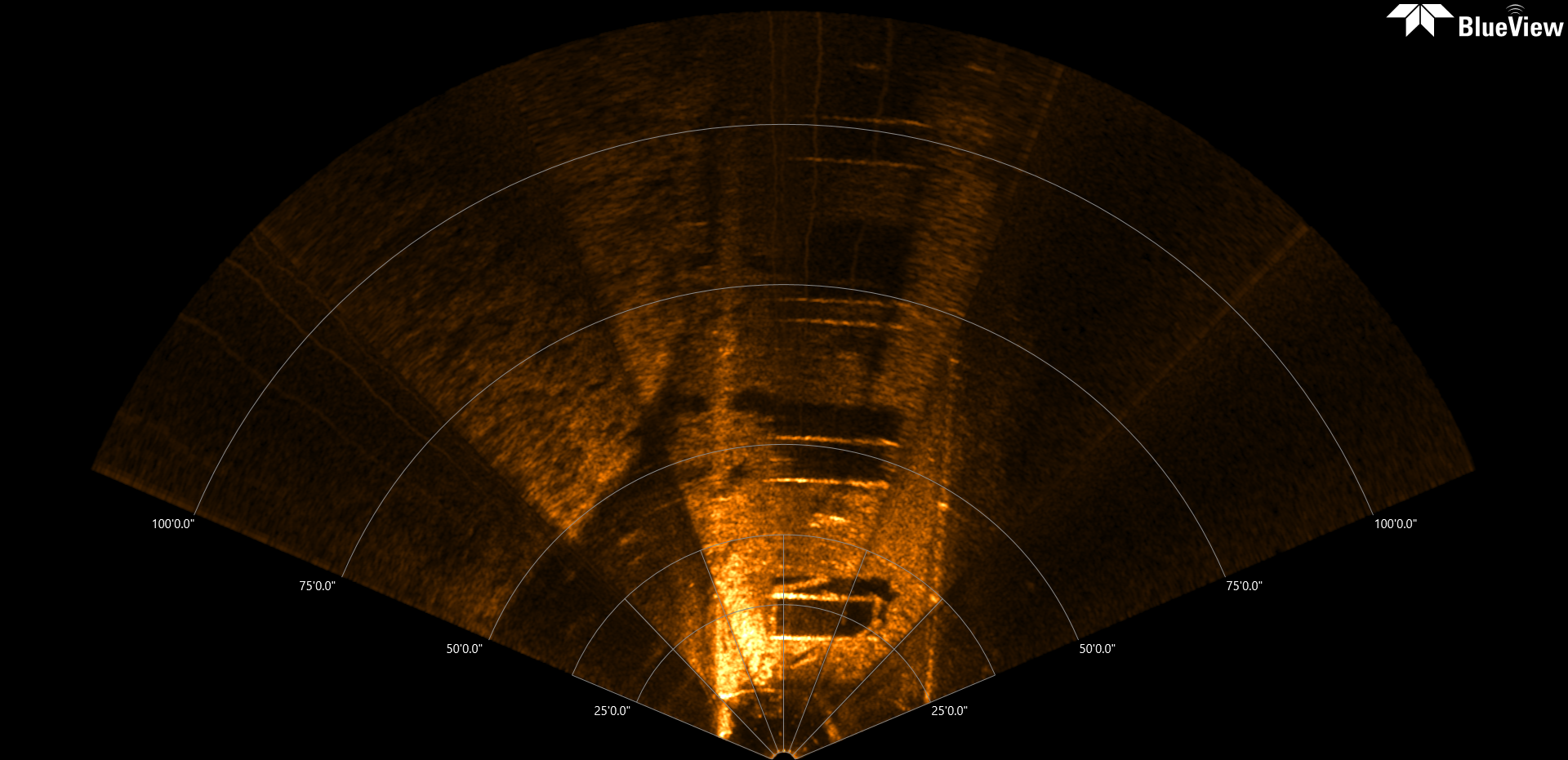
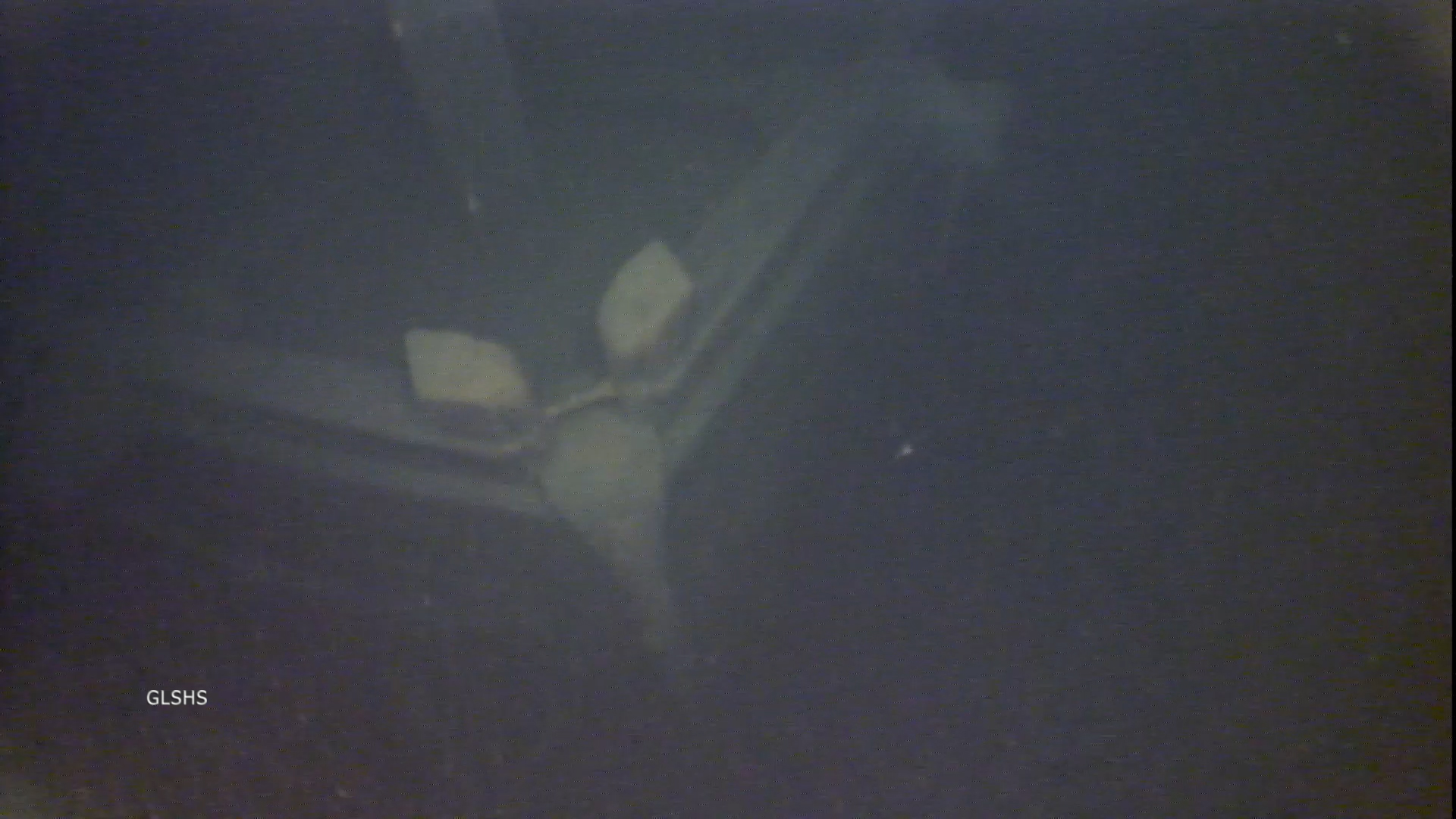



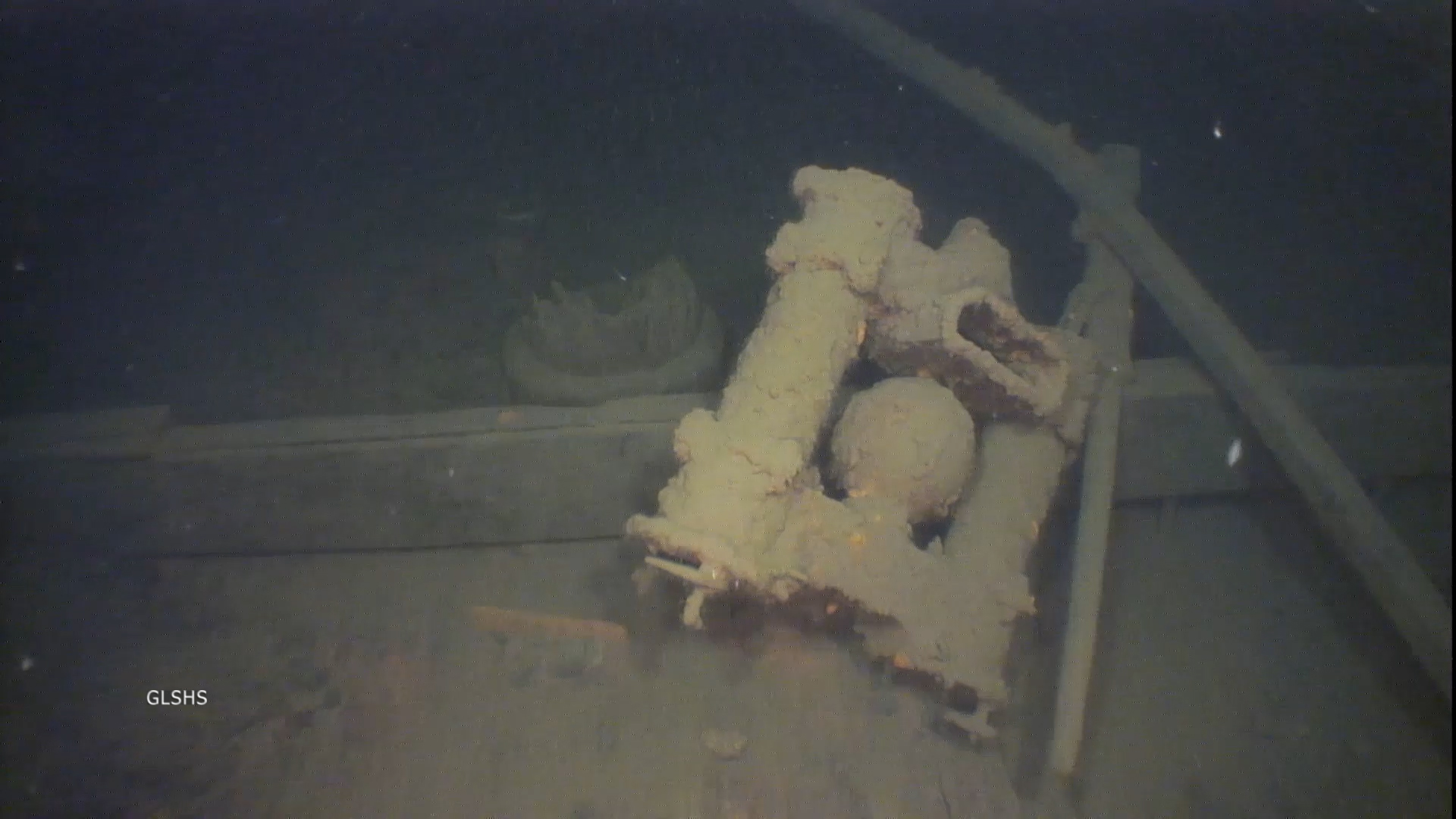
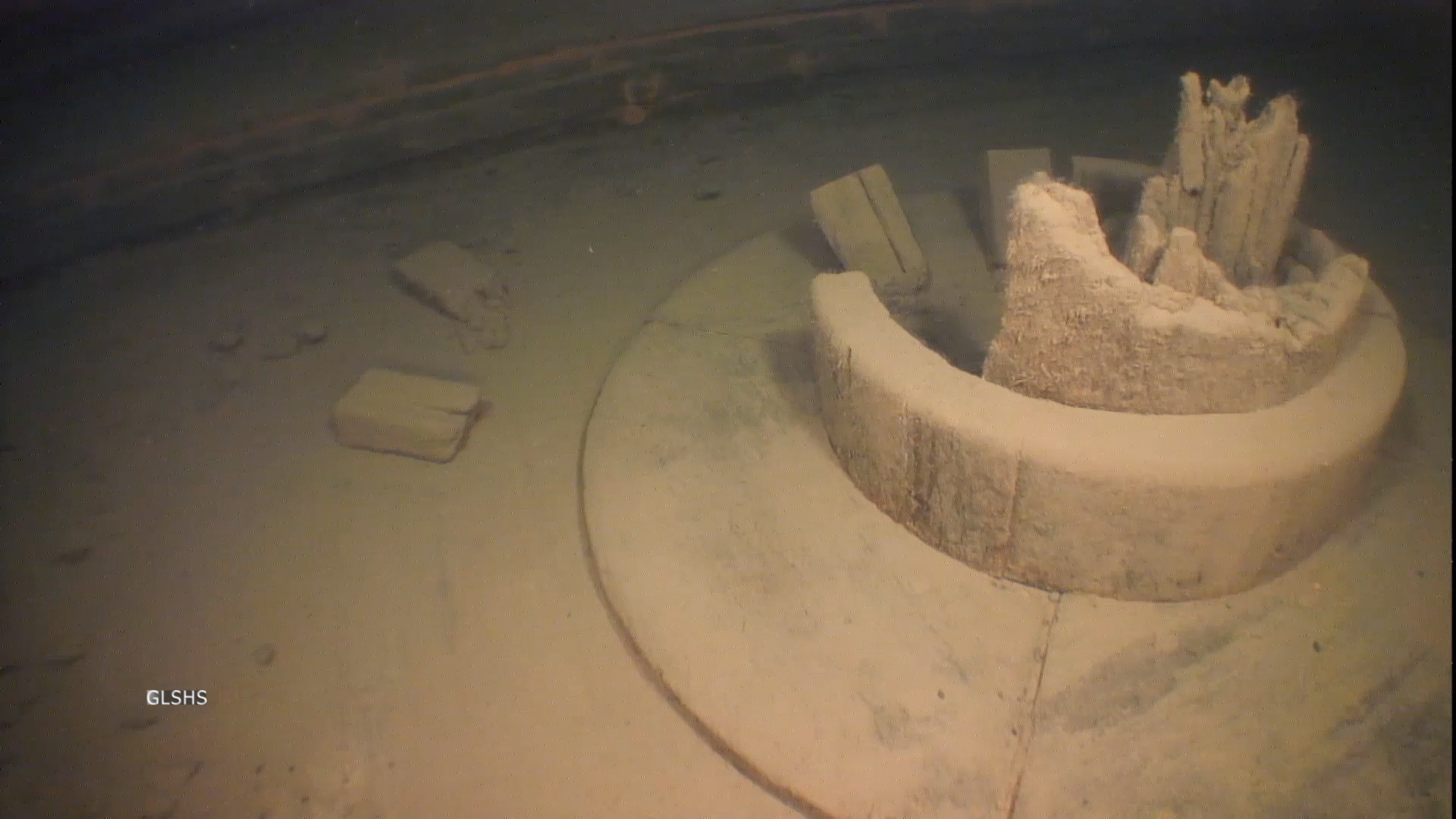
Hope Blooms From Home Fundraiser to Benefit Hunter Hospitality House
Hunter Hospitality House will be holding its spring fundraiser, Hope Blooms, virtually this year. The Port Huron non-profit is offering an interesting mix of items that are being raffled off.
Hunter Hospitality House provides free lodging to anyone who needs to stay close to either of Port Huron’s hospitals. They have two bed and breakfast style homes and one family home.
Executive Director Tracy Willard said, “We’re really grateful for how the community always comes through for us with this important fundraiser. Once again, three Woman’s Life Chapters are providing matching funds up to $500 for donations and purchases of raffle tickets.”
Raffle items include a large screen tv, a Shinola watch, and many others. There are also sponsorship opportunities. The prizes will be drawn on April 28th, but tickets are on sale now.
Willard said, “Individuals and businesses donated really wonderful prizes, and we’re already hearing from sponsors. Supporting HHH through Hope Blooms ensures guests will receive free hospital lodging and abundant amenities.”
For more information, go to hunterhospitalityhouse.com.
Reporting for WGRT – Jennie McClelland
Port Huron Museums Looking for Artists for Upcoming Exhibit
Did pandemic life spark your creativity and inspire some artwork? The Carnegie Museum in Downtown Port Huron is looking for artists who want to display their work and perhaps make some money from the sale of their work. The exhibit is called “Perspectives: Art Out of the Pandemic”.
The exhibit opens on April 23rd but now is the time for artists to start submitting their work. The exhibit is open to local artists who work in all forms of media. Painting, drawing, photography, sculpture, and other mediums are all part of the exhibit. While the exhibit name references the pandemic, the art does not need to be about COVID-19, but it should have been created during the pandemic.
Artists who wish to offer their art for sale are able to do so, with the Museum taking a small commission. The exhibit will be held on the Mezzanine through July 22nd.
Artists have until April 1st to register up to five pieces. Port Huron Museums will decide what pieces they will display. A link to the registration form can be found below.
Reporting for WGRT – Jennie McClelland
Tax Relief Bill Making its Way Through State Legislature
State taxes could be reduced if the Senate approves a bill that has been bouncing around the Michigan Legislature.
Port Huron’s State Representative Andrew Beeler, a member of the House Committee on Tax Policy, endorsed the bill.
The tax bill is estimated to provide $2.5 billion in tax relief to Michigan tax-payers, exemptions for seniors age 62 or older, and enable deduction from retirement income like pensions, 401(K) plans, and IRAs.
The plan also allows parents to receive a child tax credit of up to $500 per child.
Beeler said, “Inflation continues to creep, perhaps even leap, forward. Prices are climbing as working families and seniors alike dig deeper into their pockets to pay the cost of living. Meanwhile, the state government is sitting on a taxpayer-funded nest egg, and the extra money available should be returned to the people who paid for it. Our plan extends real relief to the people of Michigan with a forward-thinking and family-focused tax cut.”
The tax relief bill is now headed to the Senate for approval.
Reporting for WGRT – Jennie McClelland
Canadian Law Enforcement Snags Narcotics at Border
A large quantity of narcotics was seized at the U.S.-Canadian border in January. The Canada Border Services Agency and the Royal Canadian Mounted Police made the announcement on March 2nd, 2022.
The drugs were found when a 23-year old truck driver from Quebec City, Quebec, showed up at the primary inspection booth at the Blue Water Bridge in Point Edward. The drugs were found in large garbage bags and in spare tires in the tractor-trailer.
Approximately 265 kilograms of heroin, cocaine, and methamphetamines were seized from the vehicle. The matter is being taken up by the Ontario Court of Justice in Ontario.
The release from the Canadian law enforcement agencies said, in part, ”The CBSA, Southern Ontario Region, in partnership with the RCMP is committed to keeping illegal goods from entering our neighborhoods. The dedication of officers from these forces kept approximately 265 kilograms of illegal suspected narcotics from reaching our communities, weakening the grip of organized crime.”
Reporting for WGRT – Jennie McClelland


